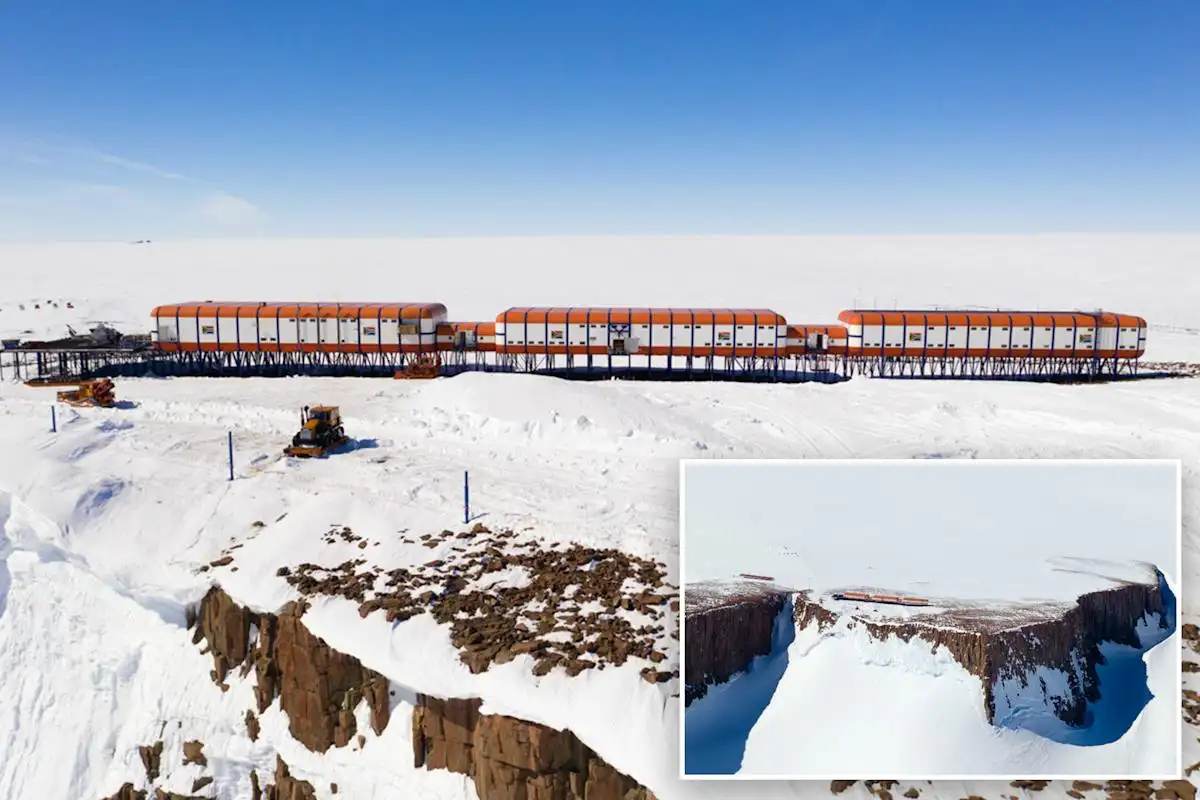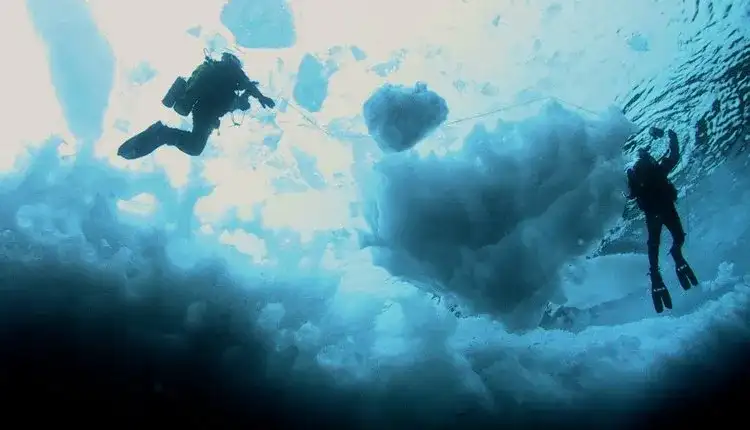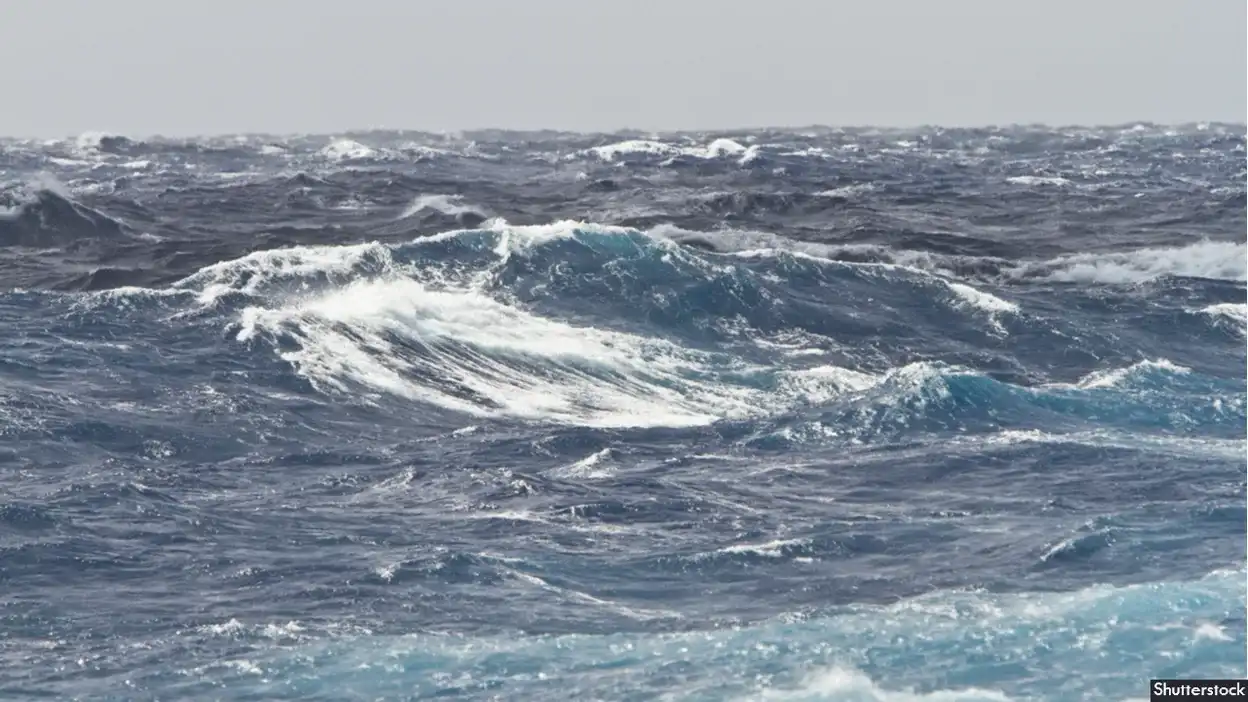A remote South African-run research base in Antarctica has been rocked by serious allegations of misconduct, including a physical assault, disrupting what was meant to be a routine 13-month expedition for a team of scientists.
Incident at the Edge of the Ice Shelf
The incident occurred at Sanae IV, a station situated roughly 170km from the Antarctic coastline. The facility, more than 4,000km from mainland South Africa, is virtually inaccessible for most of the year due to extreme weather. It houses a small crew that typically includes engineers, physicists, technicians, and a doctor — all carefully selected through rigorous evaluations.
Disturbance Emerges Weeks Into the Mission
The expedition launched on 1 February, and according to the South African environment ministry, everything was “in order” at departure. But by 27 February, reports reached the ministry detailing a physical assault between team members. An investigation was launched immediately, alongside ongoing efforts to mediate and stabilize the group dynamic at the base.
“The department activated the response plan… to mediate and restore relations,” the ministry stated, acknowledging the psychological and environmental strain of life in Antarctica. A government minister is now personally overseeing the situation.
Allegations Beyond Assault
In addition to the assault accusation, concerns were raised regarding inappropriate behaviour and sexual harassment. However, the department clarified that there was no evidence of sexual assault. A formal apology has reportedly been issued by the alleged perpetrator, who remains on-site and is undergoing psychological evaluation while cooperating with authorities.
A Culture of Stress in Isolation
South Africa’s Sunday Times was the first to break the story, reporting that some team members had even requested to be evacuated due to a deteriorating environment at the station. One email described the atmosphere as one of “fear,” referencing “deeply disturbing behaviour” by a team member.
The environment at Antarctic research bases is inherently high-pressure. Experts point out that isolation and lack of stimuli can intensify minor tensions.
“It’s often the small things — about workload, hierarchy, or even how someone places a coffee mug — that can snowball,” said Professor Craig Jackson, a psychologist at Birmingham City University.
Author and polar researcher Gabrielle Walker echoed this, noting the mental toll of living in constant proximity to a small group. “You know every tiny habit of your colleagues — and in bad conditions, that familiarity can start to grate,” she said.
A History of Calm, Broken
Since South Africa began Antarctic expeditions in 1959, incidents at Sanae IV have been exceedingly rare. The typical crew — a tight-knit group of fewer than a dozen scientists and support staff — is chosen after passing medical, psychological, and reference checks to minimize interpersonal conflict.
When Things Go Wrong
The recent conflict allegedly began over a change in schedule for a weather-dependent task. While it may seem minor, such disputes can become flashpoints in high-stress, confined environments.
This is not the first time Antarctica has seen conflict. In 2018, a stabbing incident at Russia’s Bellingshausen station made international headlines, serving as a reminder that the extreme isolation and mental stress of polar stations can push individuals beyond their limits.
Emergency Plans and Precautions
According to sources within the Antarctic research community, South Africa has access to an icebreaker and ice-capable aircraft should evacuation become necessary. However, executing such a rescue would be far from straightforward. The harsh terrain, sub-zero temperatures, and unpredictable wind conditions pose immense logistical challenges.
For now, the focus remains on containment, resolution, and preserving the delicate interpersonal balance required to complete the mission safely.
Whether this incident will change how future Antarctic teams are selected or trained remains to be seen. But as the psychological demands of working in isolation gain more attention, it’s clear that even the most prepared teams are not immune to the strain of life on the frozen frontier.






